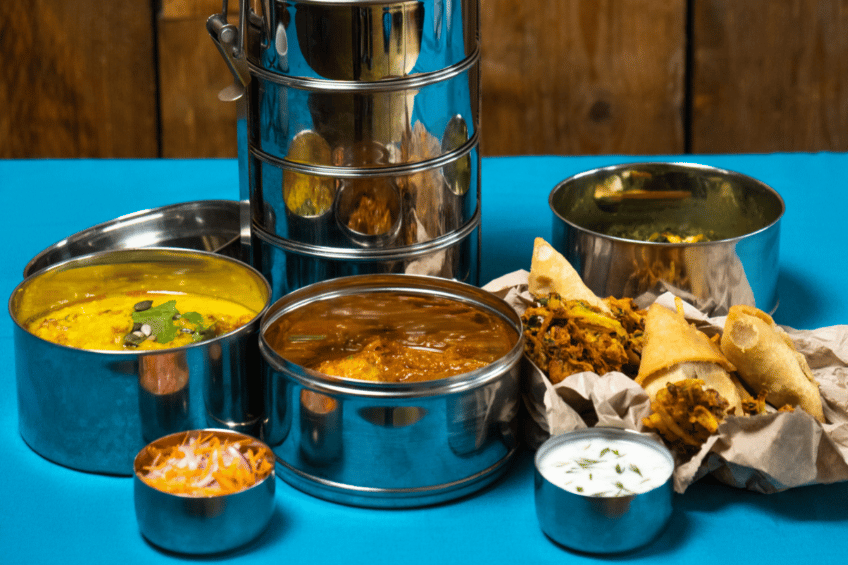What Not To Eat?
With hypothyroidism, it is important to watch your diet, as certain foods should be avoided or consumed in moderation, either because they have a goitrogenic effect and slow down the functioning of the thyroid gland or prevent the fixation of iodine in the gland. They may also interfere with medication treatment, or promote weight gain.
Goitrogenic foods (they increase the size of the goiter):
- Cruciferous vegetables (watercress, cabbage, broccoli, turnip, rutabaga, radish, mustard greens, broccoli, horseradish);
- Manioc or Cassava;
- Sweet potatoes;
- Peanuts, nuts (pecan, macadamia), hazelnuts;
- Millet;
- Mustard seeds;
- Soybeans.
Soy is known to interfere with the absorption of Levothyrox, the medication most commonly used to treat hypothyroidism. It is therefore strongly advised to avoid soy-based foods when taking this medication. People with a goiter due to iodine deficiency should not consume soy products until they have fully recovered. In the absence of a thyroid gland abnormality, the risk of its ingestion altering thyroid function is low.
Soy foods to avoid in case of hypothyroidism are: tofu, tempeh, soybeans, edamame, soy milk drinks, textured soy protein, vegan soy steaks, soy yogurt.
These goitrogenic foods are bad when consumed in very large quantities. It is therefore necessary to moderate their consumption.
